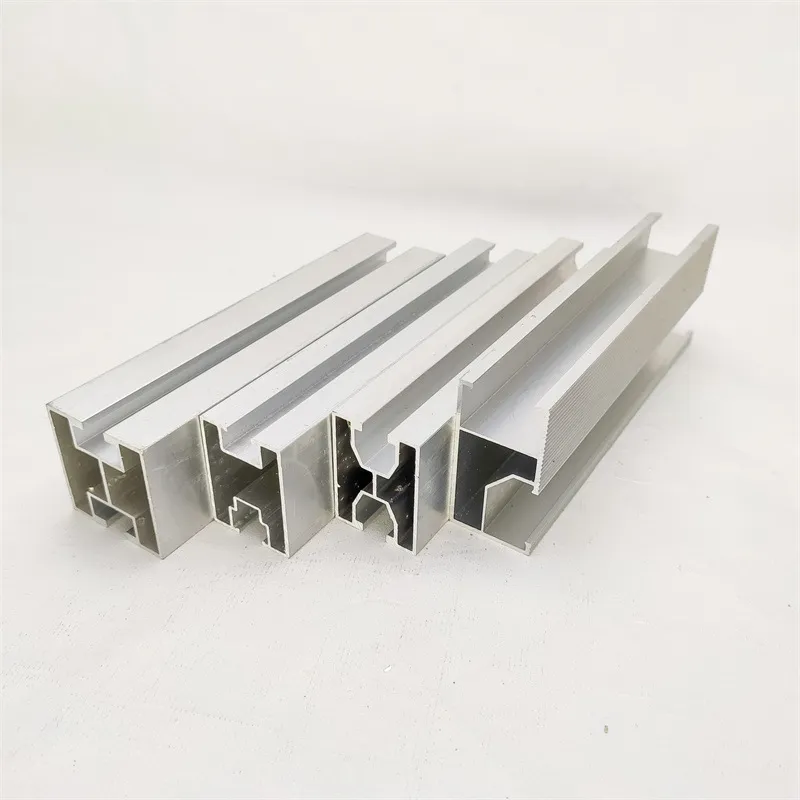

self tapping screws 5mm
Nov . 04, 2024 21:33 Back to list
self tapping screws 5mm
Understanding Self-Tapping Screws The 5mm Marvel
In the world of construction and DIY projects, the importance of the right fastener cannot be overstated. Among various types available, self-tapping screws have gained significant popularity, particularly in applications where speed and efficiency are essential. This article delves into the specifics of self-tapping screws, focusing on the 5mm variety, examining their design, applications, advantages, and best practices in usage.
What are Self-Tapping Screws?
Self-tapping screws are specialized fasteners engineered to create their own pilot holes as they are driven into materials. Unlike conventional screws, which require a pre-drilled hole, self-tapping screws have a unique threading design that allows them to carve out their own path, making them highly efficient for various fastening tasks. This feature provides a distinct advantage in settings where time is of the essence.
The 5mm Self-Tapping Screw
The designation 5mm refers to the diameter of the screw shaft, which significantly influences its load-bearing capabilities and suitability for different materials. Typically, 5mm self-tapping screws are versatile and can be used in several applications, ranging from woodworking to metalworking. Their shaft diameter strikes a balance between robust fastening and ease of handling.
Applications of 5mm Self-Tapping Screws
1. Woodworking In carpentry, 5mm self-tapping screws are often employed to join wooden pieces without the need for pre-drilling. They are especially useful for assembling furniture, installing shelves, and constructing wooden frameworks.
2. Metalworking These screws are also ideal for attaching metal components, such as in HVAC systems, metal studs, or sheathing. Their ability to tap into metal surfaces makes them a preferred choice for both indoor and outdoor applications.
3. Plastic and Composite Materials Self-tapping screws can efficiently fasten plastic materials, providing secure connections without the risk of cracking, which is a common issue when using other types of fasteners.
Advantages of Self-Tapping Screws
self tapping screws 5mm

1. Time Efficiency One of the most significant advantages of self-tapping screws is the time saved in installation. By eliminating the need for pilot holes, they allow for quicker assembly, which is essential in both professional and DIY projects.
2. Versatility As highlighted earlier, these screws are suitable for a wide range of materials, including wood, metal, and plastic, making them a go-to fastener for various industries.
3. Cost-Effectiveness The reduced labor time translates to cost savings, making self-tapping screws a cost-effective option for contractors and DIY enthusiasts alike.
4. Strong and Secure Provided that they are installed correctly, self-tapping screws create a strong bond, ensuring the longevity and durability of connections. The ability to tap threads into the material reduces the chances of loosening over time.
Best Practices for Using 5mm Self-Tapping Screws
To maximize the benefits of 5mm self-tapping screws, it’s important to follow some best practices
1. Use the Right Driver Ensure that you use a compatible screwdriver or power tool that matches the screw head type (Phillips, slotted, etc.) to avoid stripping the screw.
2. Material Thickness Consider the thickness of the material being fastened. For very thick materials, it may be necessary to start with a pilot hole to prevent material fatigue.
3. Correct Torque Settings When using power tools, adjust the torque settings to prevent over-tightening, which can lead to material damage or screw breakage.
4. Material Compatibility Always ensure that the material being used is compatible with the 5mm screw to avoid issues such as cracking or splitting.
Conclusion
In conclusion, 5mm self-tapping screws represent a vital component in various fastening applications, offering speed, efficiency, and versatility. Understanding their design and practical uses can significantly enhance the quality of your projects, whether in professional construction or at home. Whether you're constructing furniture, working with metal, or tackling automotive repairs, having the right self-tapping screws on hand can make all the difference.
Latest news
-
High-Strength Hot Dip Galvanized Bolts - Hebei Longze | Corrosion Resistance, Customization
NewsJul.30,2025
-
Hot Dip Galvanized Bolts-Hebei Longze|Corrosion Resistance&High Strength
NewsJul.30,2025
-
High-Strength Hot-Dip Galvanized Bolts-Hebei Longze|Corrosion Resistance&High Strength
NewsJul.30,2025
-
Hot Dip Galvanized Bolts-Hebei Longze|Corrosion Resistance&High Strength
NewsJul.30,2025
-
Hot Dip Galvanized Bolts - Hebei Longze | Corrosion Resistance, High Strength
NewsJul.30,2025
-
High-Strength Hot Dip Galvanized Bolts-Hebei Longze|Corrosion Resistance, Grade 8.8
NewsJul.30,2025

